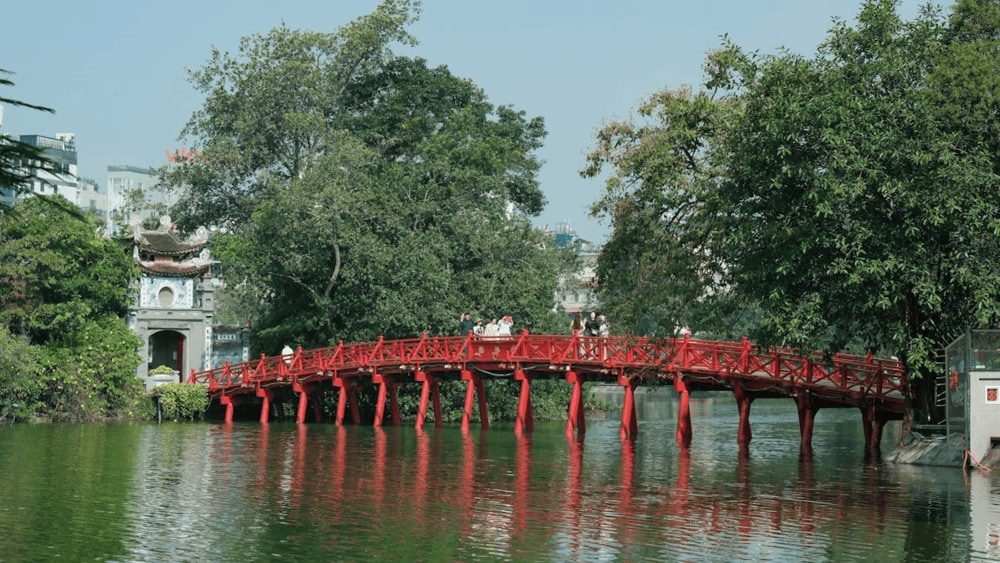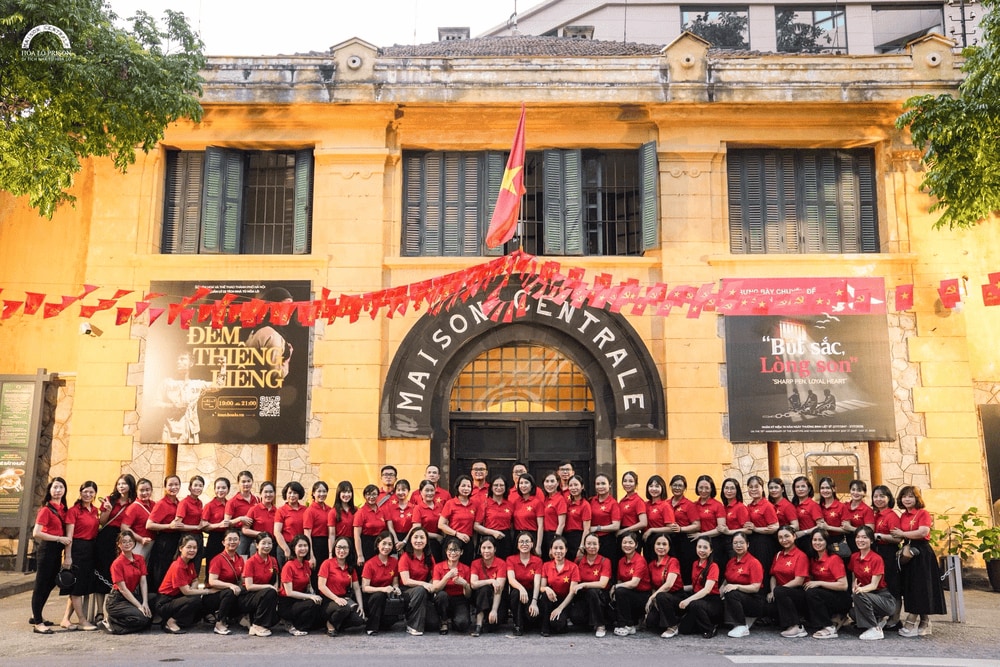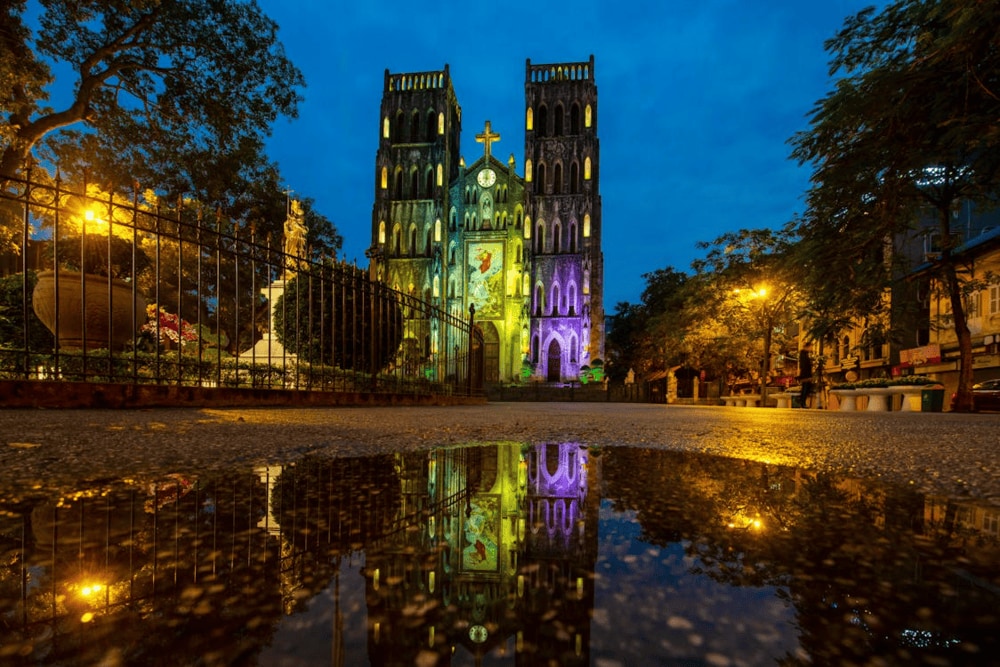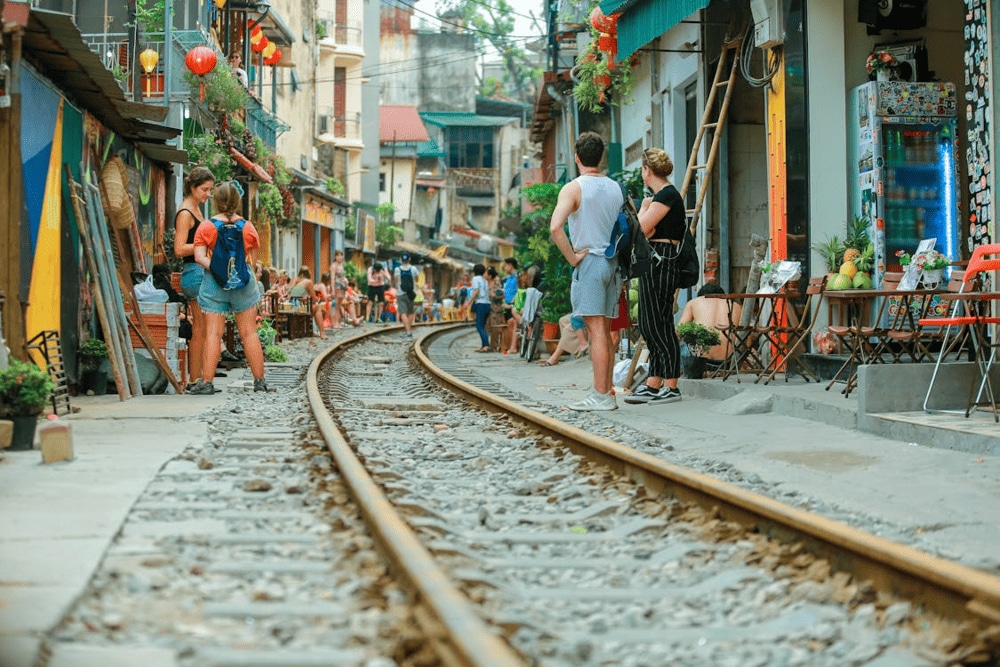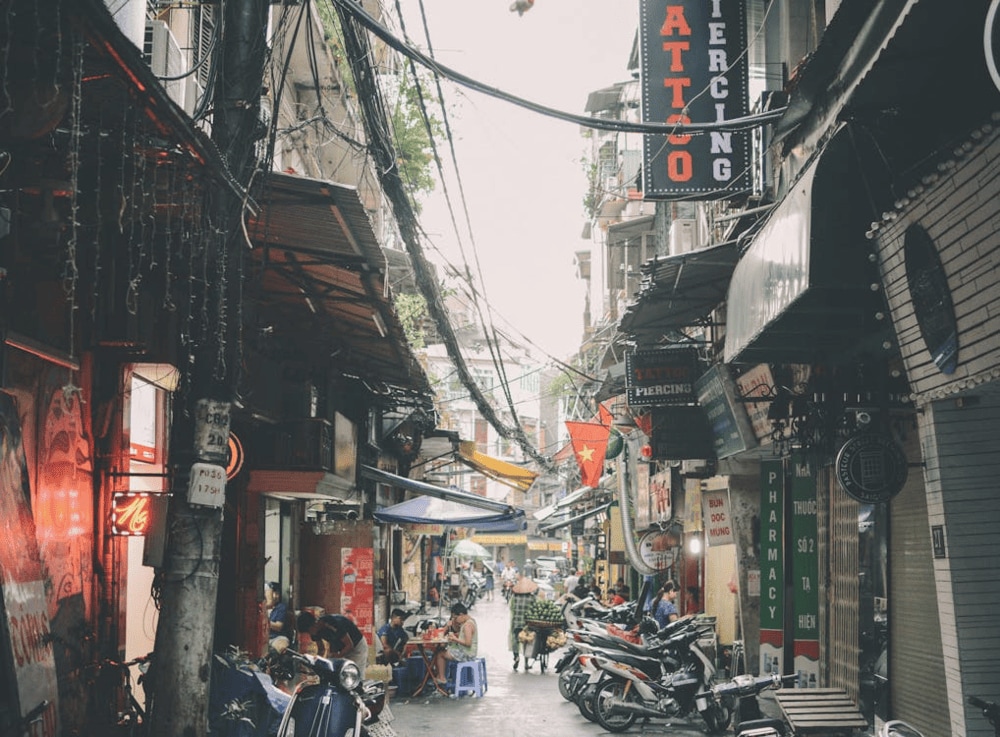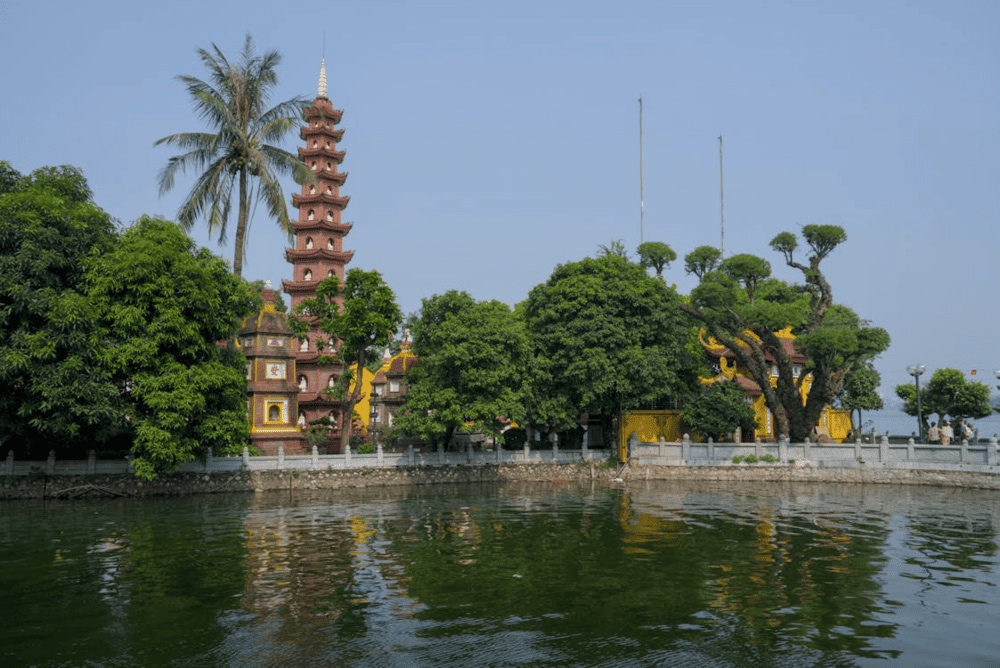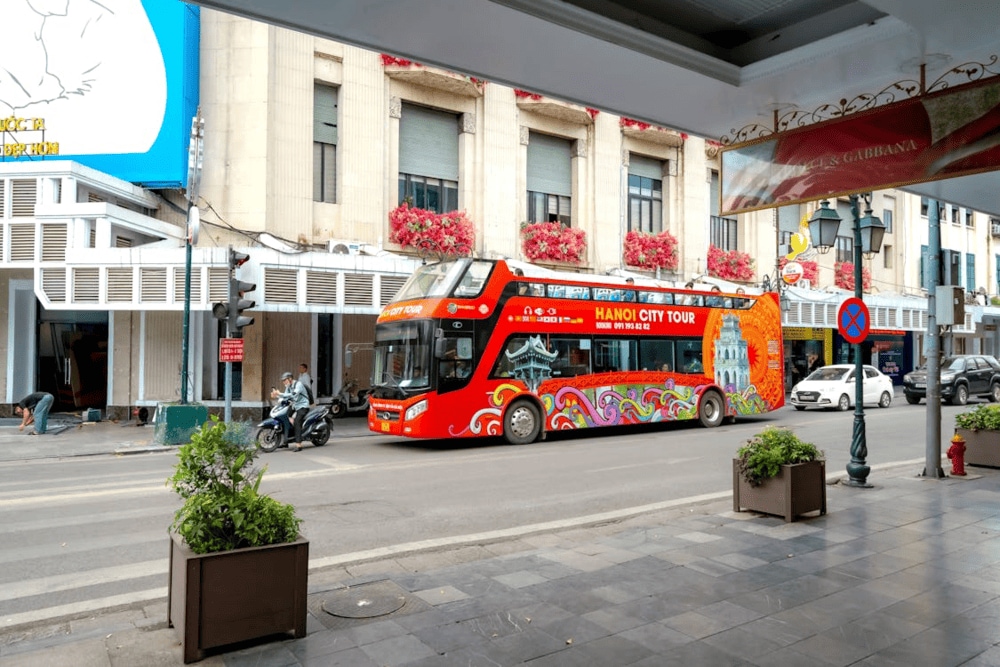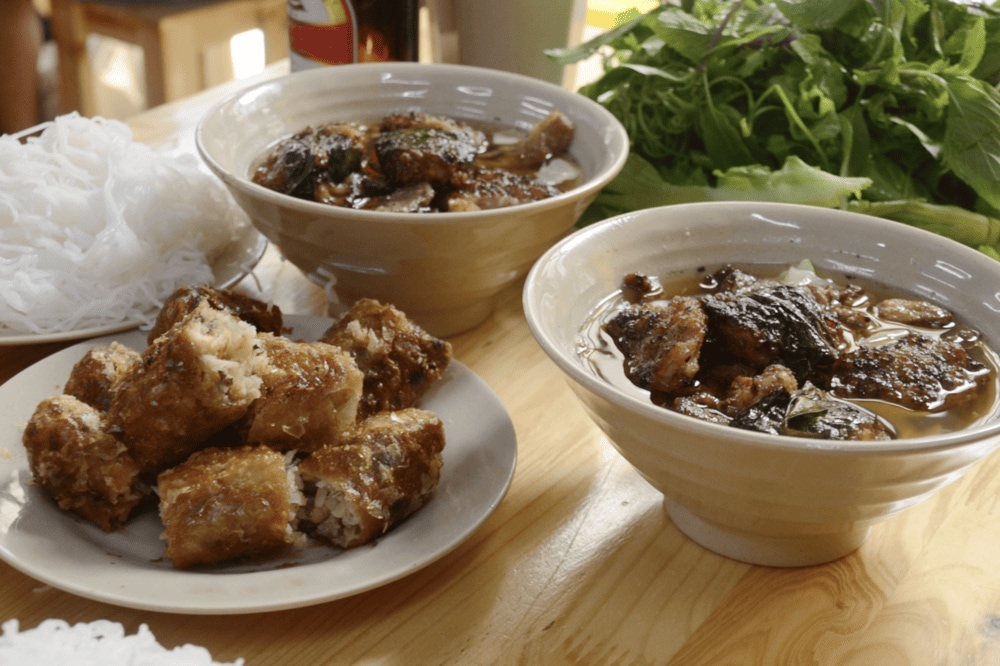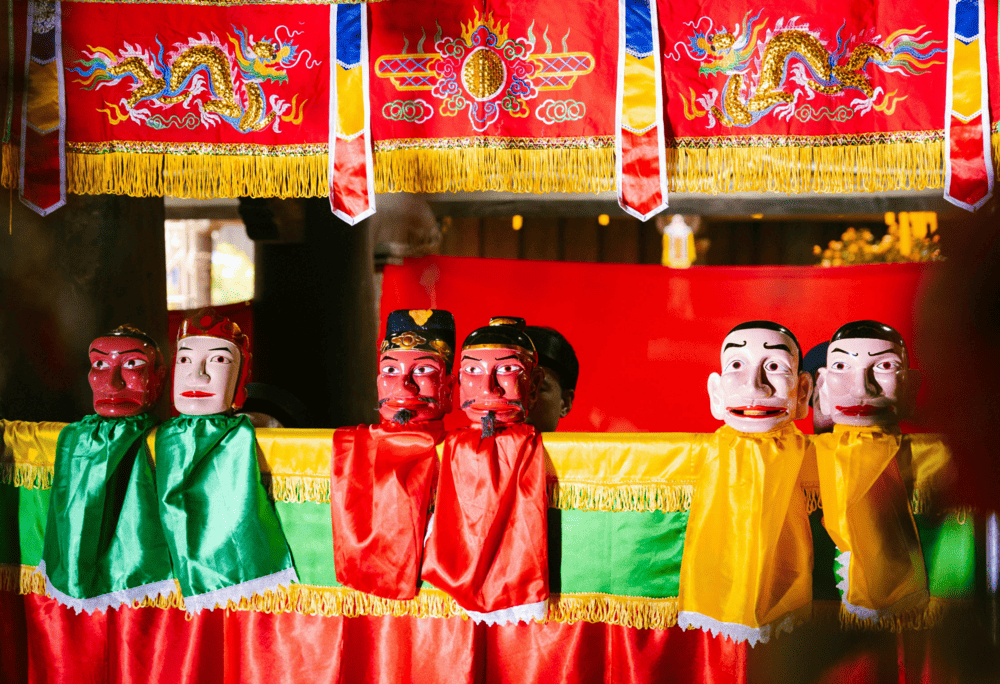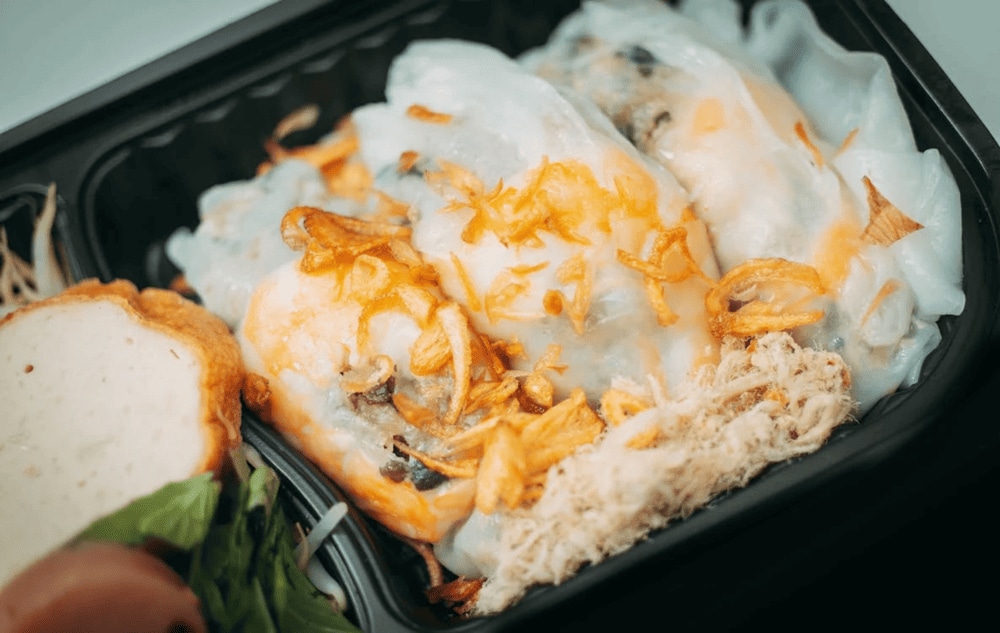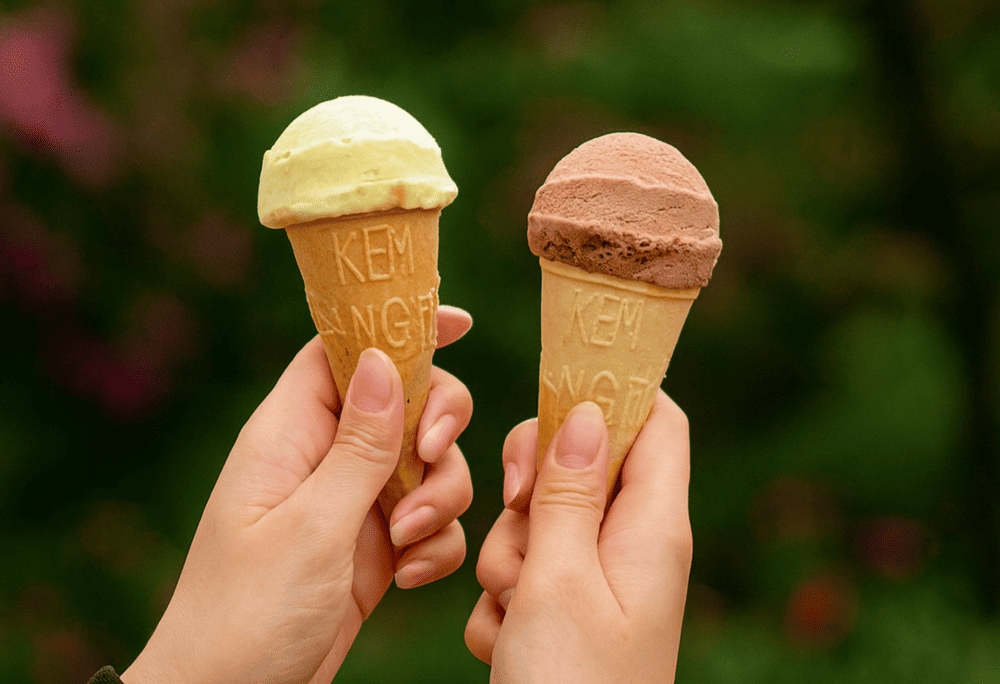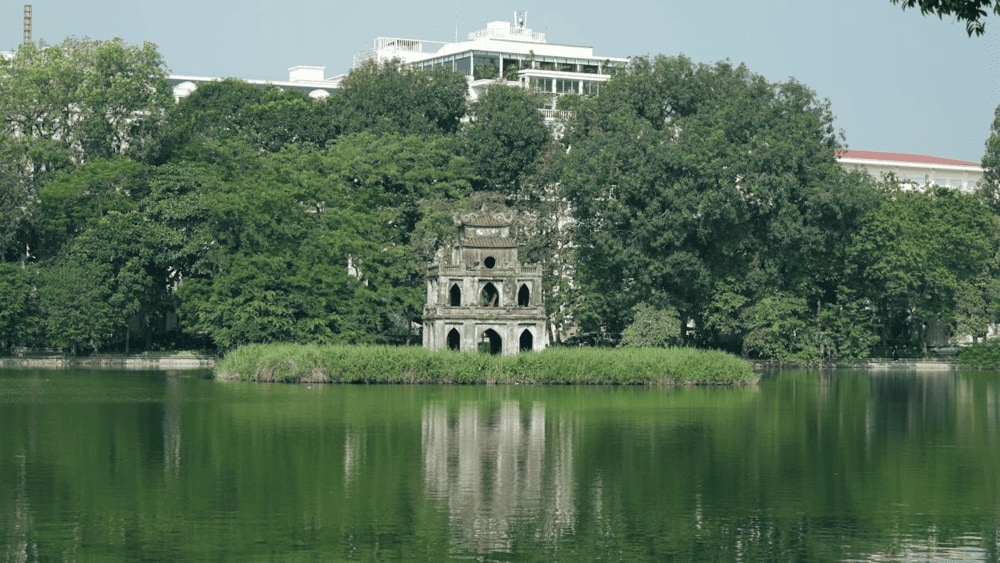1. Day 1: Exploring Hanoi’s History, Culture, And Culinary Icons
Your first day in Hanoi takes you through the city's most iconic landmarks, where ancient traditions meet modern life. This carefully planned itinerary balances must-see attractions with authentic local experiences, giving you a true taste of what makes Hanoi special.
1.1. Start at Hoan Kiem Lake And Ngoc Son Temple
Hoan Kiem Lake sits at the beating heart of Hanoi, where tai chi practitioners move gracefully as the city awakens around this legendary body of water. For Hanoians, this isn't just a scenic spot - it's a sacred place where the golden turtle deity is believed to dwell, protecting the city and its people. The lake's name, "Lake of the Returned Sword", comes from the legend of Emperor Le Loi, who returned a magical sword to the turtle god after defeating Chinese invaders in the 15th century.
Cross the iconic red Huc Bridge to reach Ngoc Son Temple, built in the 19th century on a small island within the lake. This spiritual sanctuary honors General Tran Hung Dao, the national hero who defeated Mongol invasions, alongside deities of literature and medicine. Inside, intricate wood carvings and traditional architecture create a peaceful refuge where visitors can light incense and pray for good fortune. The preserved body of a giant turtle found in the lake adds mystical significance that connects modern visitors to ancient legends.



